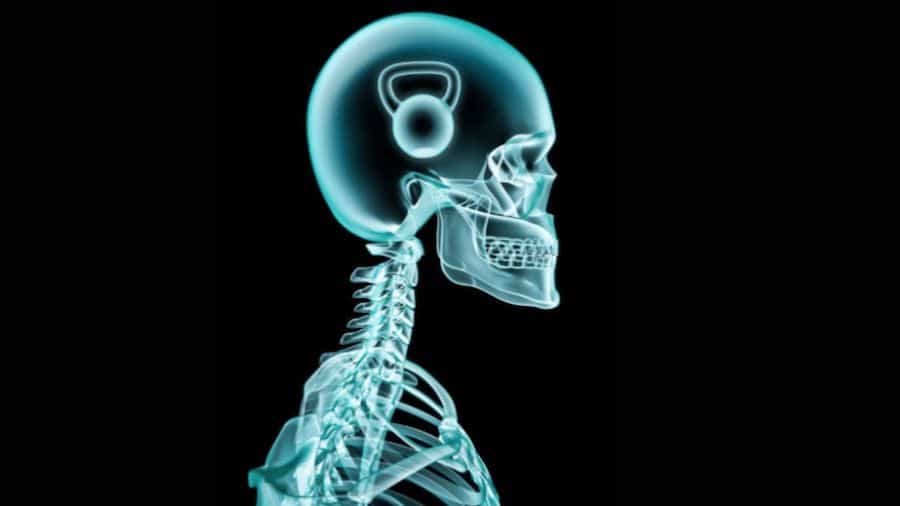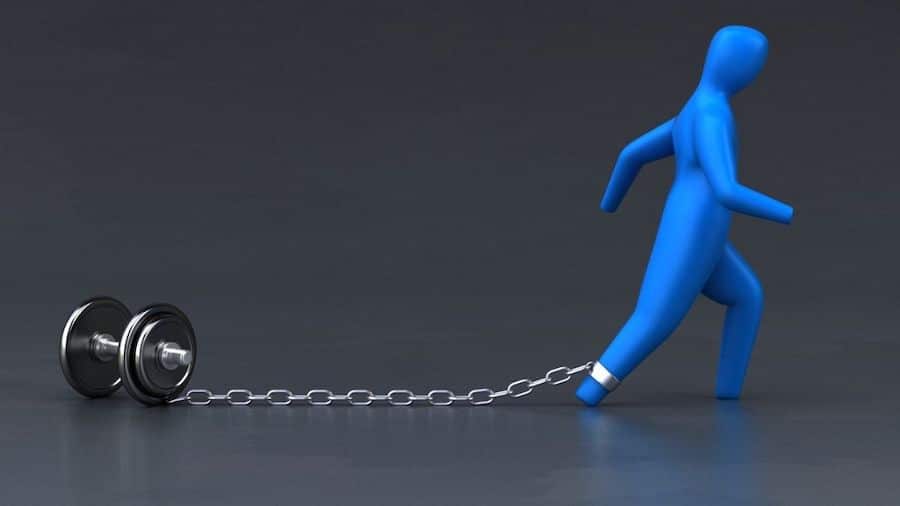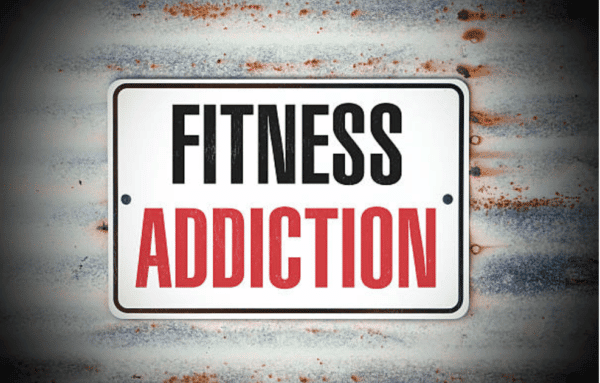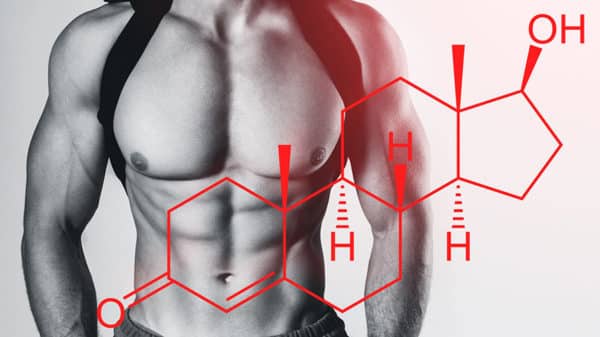The bigorexia is a term you may never have heard of. However, you may be suffering from it without even knowing it. Just like alcoholism, bulimia or smoking, bigorexia is in fact a sports addiction. This addiction to physical exercise affects many professional and amateur athletes in France. In the long term, like any addictive behaviour, bigorexia can be dangerous for the physical and psychological health. Find out what the symptoms of this disease are and how to treat it.
What is bigorexia?
The definition of bigorexia is the following: it is an illness characterized by the dependence of an individual on a physical activity. Whether it's weight training, running or swimming, this addiction generally occurs as a result of excessive practice of a sport.
Also known as sportoolism, bigorexia is thought to affect approximately 4 % of the French populationThis is the result of a study conducted by the French National Institute of Health and Medical Research in 2008. It concerns both amateur and professional athletes who are evolving in the bodybuilding world or endurance sports.
Although not as serious as alcoholism or smoking at first glance, this addiction to physical activity can nevertheless be dangerous for your health. mental health. It has also been recognized as such by theWorld Health Organization (WHO) in 2011 insofar as it can affect physical and psychological integrity when the need to exercise sportsmen become impulsive and limitless.
Of course, all top athletes must train daily. The same is true for athletes who want to progress and achieve ambitious goals in their sport. But when training becomes a obsessionIf the person is not satisfied with the way he or she has been treated, there is a serious risk to the person's physical and mental health. Indeed, this desire to always want to spend oneself can hide a significant psychological disorder.
Bigorexia is a real behavioural addictionIt is the same as orthorexia (addiction to healthy food), gambling addiction or work addiction. In general, sports enthusiasts who are obsessed with physical effort do not realize their condition until there is a more or less serious impact on their health.
When regular practice of a sport becomes an addiction
Basically, the physical activity is considered as an activity that should give pleasure. It must be a passion that aims to improve health and well-being. But when a sportsman becomes a professional or reaches the top level, he has to perform, because places are expensive. The number of sport sessions per week is increasing day by day and the athlete's goal is to push his or her limits further and further to perform.
People suffering from bigorexia have this constant need to surpass themselves through a intensive sports practice. They gradually abandon any notion of pleasure and continually seek to increase their physical activity. As long as the body and the cardiovascular system can withstand the intense exercise and the level of activity inflicted, they do not care about the preservation of their muscles and joints. Bigorexia is therefore mainly concerned with physical endurance sports and bodybuilding.
But like all addictions and chronic diseasesoveruse of sport can lead to serious abuses. Practised within certain limits, sport is a wonderful vector of benefits and allows to maintain health. The danger comes when the individual loses control of the limits and sinks into a culture of overactivity.
When athletes with bigorexia try to stop excessive daily physical activity, they often experience symptoms related to depression (feeling of lack, sadness, anxiety or irritability). Bigorexia is therefore a dangerous disease for the health of sports enthusiasts. It can lead to severe injuries by training relentlessly and even push the athlete to resort to doping to maintain his training rhythm.
What causes bigorexia?
If the World Health Organization has recognized bigorexia as a disease, it has not yet defined the precise causes of the appearance of an addiction to sport. But like all other addictions that affect the population, the reasons are often psychological and physical.
The sport and bodybuilding are recommended to take care of your body and your health. Whether it is to build muscle, to improve physical condition, to lose weight or simply to fight against sedentary lifestyle, sport allows to reach multiple objectives. In addition, it provides a certain pleasure to those who practice it wisely.
People who are suffering psychologically use this pleasure-seeking behaviour to mask unhappiness. Negative thoughts, painful memories and unmanaged problems can be direct causes of bigorexia.
An athlete who gets personal satisfaction from watching his or her body develop muscles may be subject to bigorexia. Moreover, as the pathology is still little known, it is difficult for those around a person addicted to sport to identify the addiction and intervene before it exceeds the limits. However, the dangers caused by an addiction to sport are very real and can seriously harm the body.
How to recognize the symptoms of this addiction?
As this disease is still relatively new, scientific articles written by experts have not yet fully identified the symptoms of bigorexia. However, these studies suggest behavioural problems in people with this addiction to physical activity.
In all cases, when an individual adopts a obsessive behaviour about his body and the muscle developmentThis can be an alarming sign for those around you. If this new addiction to sports sessions is accompanied by a change of life such as quitting a job or separating from a spouse, then it should be taken very seriously.
There are other behaviours and signs that can raise a red flag:
- a depressive tendency,
- sleep disorders,
- a sudden change in behaviour with hyperactivity,
- excessive training times with no rest days.
On this last point, a bodybuilder who performs, for example, two workouts of more than 90 minutes per day is undoubtedly suffering from bigorexia. In this case, the pleasure of doing sport disappears and is replaced by impulses to fill a need at any cost.
Among the consequences of bigorexiaThe patient tends to take refuge in intense physical activities to avoid facing the other conflicting aspects of his life. He cuts himself off from his social life and withdraws into himself as if nobody understood him.
As with any addiction, bigorexia is very treatable as long as the person concerned admits that he or she has a problem with practicing a sport too intensely.
How to treat bigorexia?
It is therefore of course possible to cure bigorexia. The only way to take care of an athlete suffering from this addiction is first and foremost to become aware of it. Sometimes serious incidents occur and alert the athlete or his entourage.
In all cases, there are specialized care centers for this type of disease. This is particularly the case for addiction care, support and prevention centres (CSAPA) throughout France.
A doctor specializing in sports may also be able to treat bigorexia. As long as the athlete is aware of his condition and talks about it, treatment is a matter of will.
When sport becomes more than just a passion, it is important to be assisted by a sports coach who will be able to put his or her experience to work for you. For your information, high-level athletes are the most vulnerable to this disease. Because of their lifestyle, they are more likely to be on their own. They also tend to have a very busy schedule and find it difficult to manage their feelings.
On the other hand, bodybuilding enthusiasts are particularly affected by such a disease. This is due to the fact that they have to train intensively to achieve a high level of fitness. physical appearance goal. They are also subjected to strong psychological pressure. It is therefore essential for bodybuilders to be accompanied by a personal trainer.
Be aware that if you don't give your body enough time to rest after a cardio or strength trainingYou will not progress and you will risk injury.
Conclusion
Bigorexia is a difficult disease to detect. The fact that you have any of the above symptoms does not necessarily mean that you are suffering from this addiction or that your addiction is severe. It is possible to be so passionate about bodybuilding that it takes up a lot of space in your daily life, without depriving you of social life and the simple pleasures of life. However, if you identify yourself in this article, ask a addictologist.
Other articles to read :
What are the health benefits of weight training?










2 Comments
julien, I would like to ask you the question: are you also affected by bigorexia?
Certainly a bit like all top professional athletes but I'm fine with that and I'm happy that way 🙂